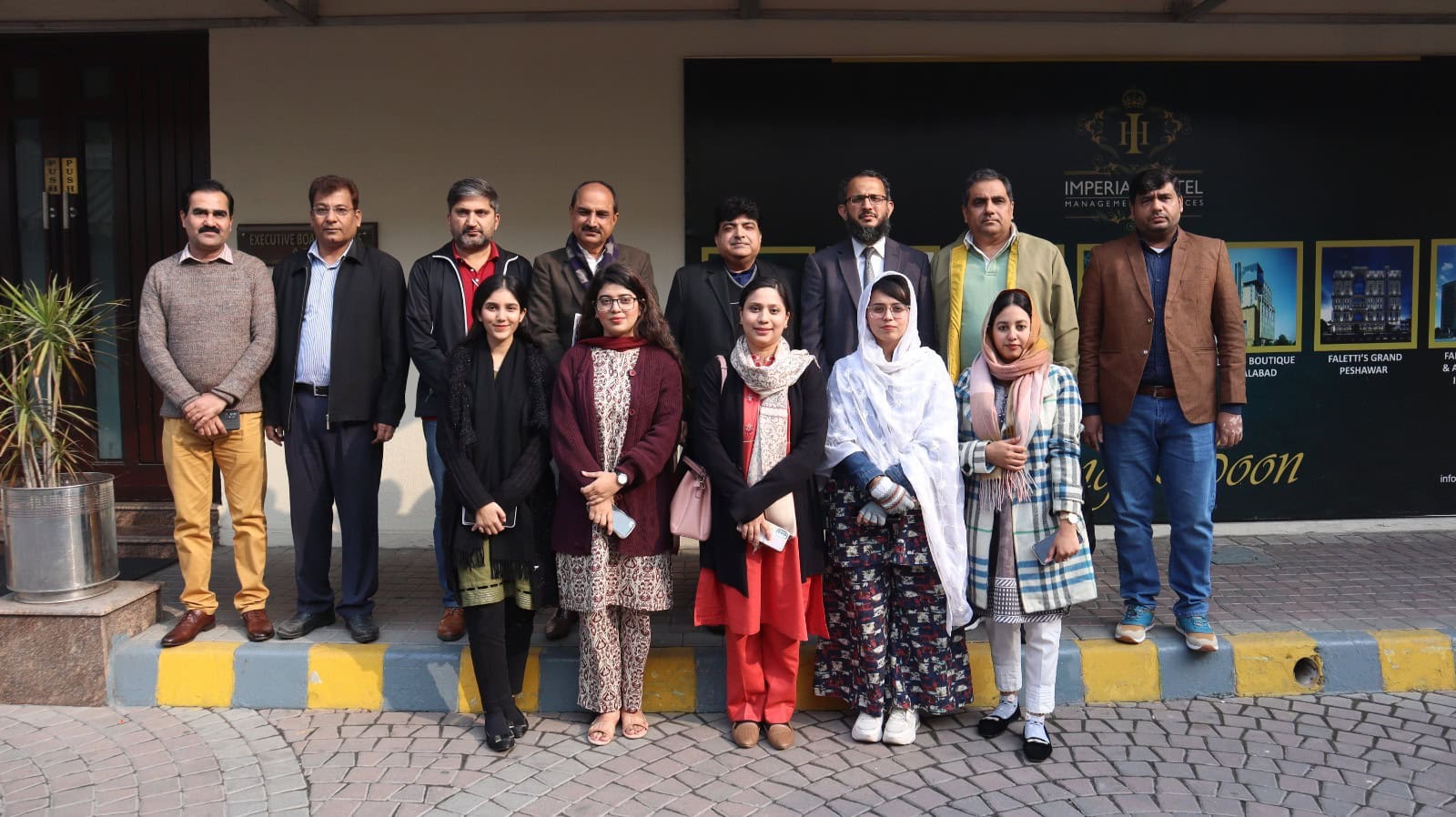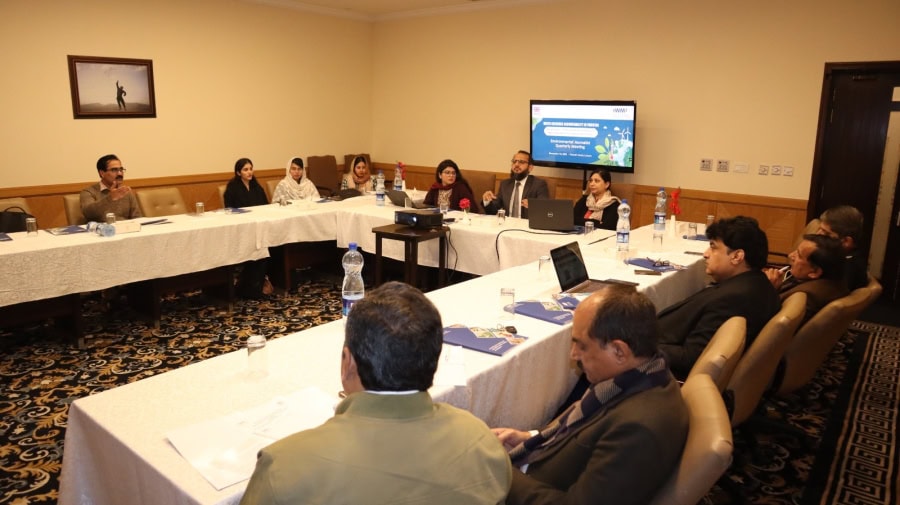LAHORE – The International Water Management Institute (IWMI) in Pakistan, in collaboration with UKaid, organized a meeting with journalists on Thursday to discuss the progress of its Water Resource Accountability in Pakistan (WRAP) programme.
The event was part of the Climate Resilient Solutions for Improving Water Governance (CRS-IWaG) programme, funded by the UK’s Foreign, Commonwealth & Development Office (FCDO) and implemented by IWMI Pakistan.
During the meeting, Dr Abdur Rehman Cheema, a researcher at IWMI Pakistan, explained how the programme would benefit the district of Okara. IWMI is working with the federal and provincial governments to improve Pakistan’s water management, governance, and sustainability. “The organization is setting up national water accounting standards and pilot testing them in District Okara to establish national water accounts. He added that this will pave the way for sustainable water management in Pakistan.
Kanwal Waqar, Gender and Youth Specialist highlighted that under the FCDO programme, female farmers and youth are equipped with the necessary knowledge and tools to adapt and mitigate the effects of climate change. By promoting inclusivity, IWMI aims to create an environment encouraging female farmers and youth to participate and take leadership roles in decision-making forums, thereby ensuring sustainable and equitable agriculture in the region.

Pakistan faces a range of water security issues, including poor governance, inadequate water information, weak water resource planning and allocation, groundwater exploitation, and low agricultural water productivity.
At the federal level, she said the WRAP CRS-IWaG component is improving water governance in the Indus Basin to support the implementation of national water and climate change policies. The national standards of water accounting and water resources assessment, early drought warning, and crop insurance systems are being developed through a consultative process with Federal and provincial governments.
At the provincial level, IWMI is implementing five technical interventions to support the effective implementation of the Punjab Water Act 2019. “These include developing a groundwater management information system, establishing an innovative water accounting and allocation system in pilot district Okara, and creating awareness among institutional and water user associations on the need for gender equity and social inclusion in water management, she expressed.
More than 70% of women are involved in the agriculture sector, but only 3% are involved in decision-making. Therefore, capacity-building activities particularly focus on creating awareness and sensitization at the institutional level on the need for gender equity and social inclusion in water management. The economic empowerment of women would pave the way towards sustainable development.










